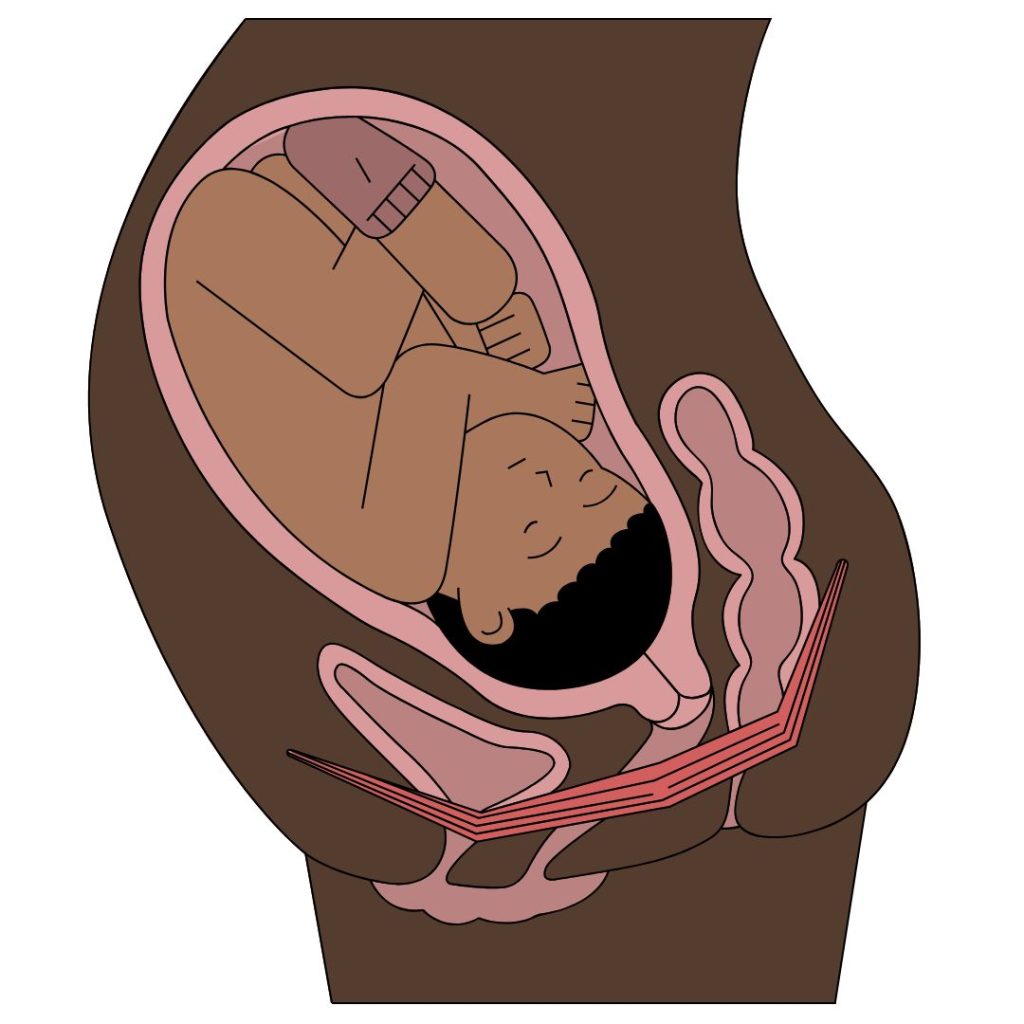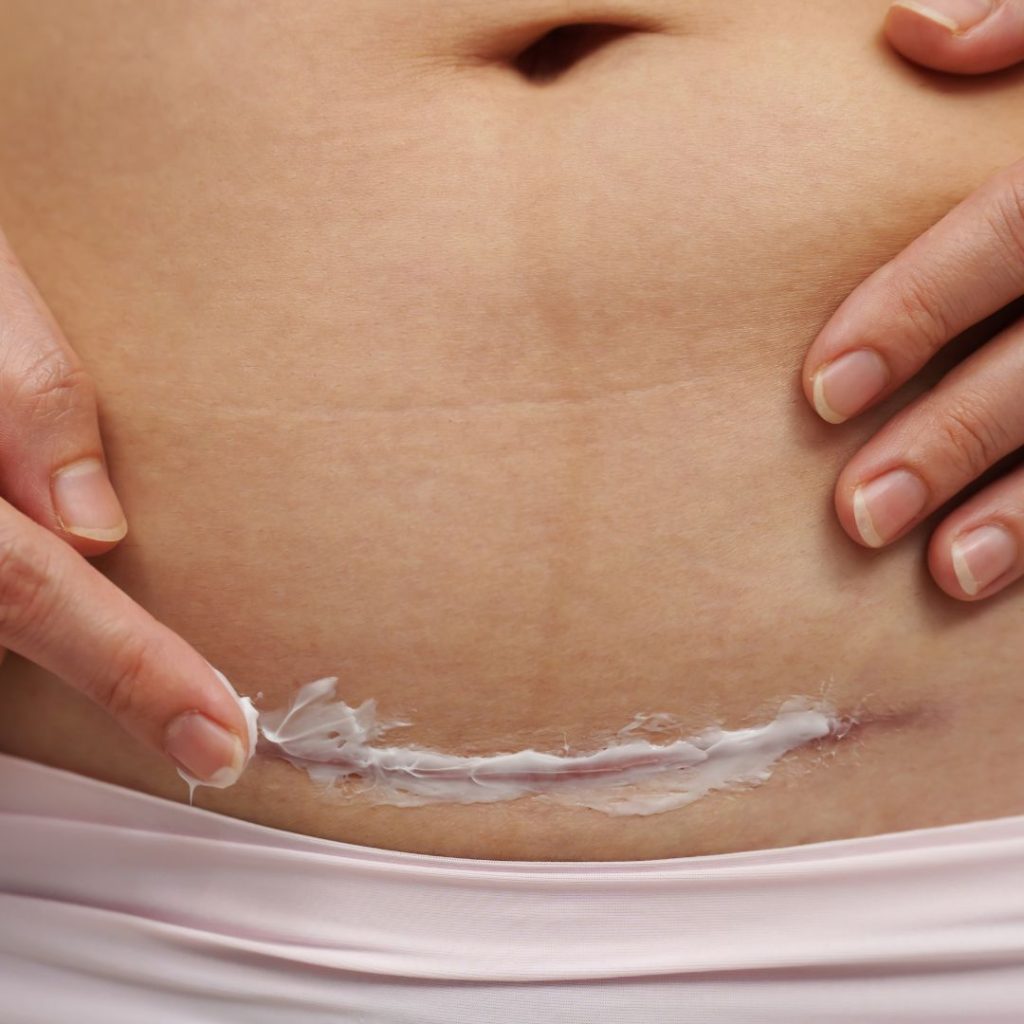
Your 6 week postpartum physio check is a significant milestone in your recovery after giving birth. It’s a time when your body is still undergoing substantial change, and the foundations you build now can have a long-term impact on your physical health and wellbeing.
While your GP or obstetrician may check that your stitches are healing, your uterus has contracted, and your general health is stable, this appointment doesn’t typically involve a thorough musculoskeletal or pelvic floor assessment. That’s where a 6 week postpartum physio appointment plays a vital role.
At this check, we assess how your core and pelvic floor are healing, how your body is functioning, and guide you toward a safe, strong return to movement, exercise, and everyday life. ✨
Why Should You Book a 6 Week Postpartum Physio Appointment? 🤔
Regardless of the type of birth you had—vaginal or caesarean—your body has gone through immense change and physical stress. These changes can affect your pelvic floor, abdominal wall, posture, joints, and general muscle function. 💕
Vaginal Delivery:
The pelvic floor muscles may be stretched or injured during labour and birth, especially if there was tearing, an episiotomy, or forceps/vacuum assistance. Even an “uncomplicated” birth can lead to pelvic floor dysfunction.

C-Section:
Though the baby didn’t pass through the vaginal canal, the core and pelvic floor muscles and fascia are still impacted during pregnancy and surgery. Scar tissue, abdominal weakness, and pelvic floor dysfunction are common and need support.

A 6 week postpartum physio is trained in clinical assessment, manual therapy, exercise rehabilitation, and the education, assessment, and treatment of pelvic floor conditions, as well as comprehensive postnatal care. This specialised training makes us uniquely equipped to support your recovery and reduce the risk of long-term dysfunction.
Top Benefits of Seeing a 6 Week Postpartum Physio ✨
🕐 Faster, Safer Recovery
Address concerns like pelvic floor dysfunction, abdominal separation (DRAM), postural tension, and surgical scar sensitivity early to support your recovery right from the start.
🚫 Prevent Long-Term Issues
Early identification of signs of pelvic organ prolapse, urinary or bowel incontinence, or poor muscle activation can prevent these from developing into chronic issues that impact your quality of life for years.
💪 Improved Daily Function & Confidence
Learn how to safely lift your baby, get in and out of bed, carry prams, and gradually reintroduce movement and exercise without feeling pain, leakage, or pressure.
🧑⚕️ Personalised Support
Your body and birth story are unique. You’ll receive a tailored plan for your physical recovery—whether you’re an athlete, new mum, or juggling multiple kids—your plan will be designed to fit your goals and lifestyle.
💓 Mental & Emotional Reassurance
Knowing that your recovery is on track, that symptoms are normal or not, and that you have a clear plan for moving forward helps reduce the anxiety and uncertainty many new mums experience.
What Happens During a 6 Week Postpartum Physio Check? 🤱
This is a supportive session where your physiotherapist will:
🧘♀️ Pelvic Floor Assessment
- Review your birth history and any physical or emotional concerns
- Discuss bladder, bowel, and sexual health
- Perform a gentle internal pelvic floor assessment (if appropriate and with consent) to check:
- Muscle tone (tightness or weakness)
- Coordination and control
- Strength and endurance
- Signs of prolapse
🧍 Abdominal Wall Assessment
- Assess the extent and depth of abdominal separation (DRAM)
- Test how well your core muscles activate, especially during movement or load
- Begin a rehab plan to support the return of function, prevent doming, and restore stability
When to Seek Help Sooner 🕑
If you’re experiencing any of the following symptoms, we recommend booking an appointment with a 6 week postpartum physio (or earlier)—there’s no need to wait. Early support can make a significant difference in your recovery.
🔻 Pelvic Floor Concerns
Bladder symptoms:
- Reduced or absent sensation of bladder urge
- Difficulty knowing when your bladder is full
- Urge urinary incontinence (leaking urine on the way to the toilet or with a strong urge)
Bowel symptoms:
- Faecal incontinence (accidental bowel leakage)
- Constipation or difficulty emptying your bowels, especially if straining is needed
Prolapse symptoms:
- A persistent feeling of vaginal heaviness, pressure, or dragging
- Noticing a bulge or lump in or around the vaginal area
⚠️ Core or Postural Issues
- A visible abdominal bulge, doming, or deep gap when doing daily tasks
- Abdominal separation greater than 3 finger widths (diastasis recti)
- Pain around your C-section scar or trouble engaging your lower abdominals
- Any pelvic girdle or lower back pain that interferes with your ability to move, care for your baby, or carry out daily tasks
If any of these symptoms sound familiar, please don’t wait—call our clinic to arrange an appointment. Early assessment and treatment can support a smoother, more confident recovery. 💕
Looking After You, Now and Long-Term 🌈
Your 6 week postpartum physio check is more than a one-off appointment—it’s the first step in rebuilding strength, confidence, and function.
We want you to move well, lift without pain, laugh without leaking, and feel empowered in your body—whether that means going for a walk, chasing toddlers, or returning to high-level sport.
Contact Us ☎️
If you’re approaching your 6 week postpartum physio check—or need support sooner—we’d love to help.
📞 Call us on (03)88284761 or BOOK HERE to schedule your postnatal physiotherapy assessment.
Let’s make your postpartum journey strong, supported, and symptom-free. 💕
